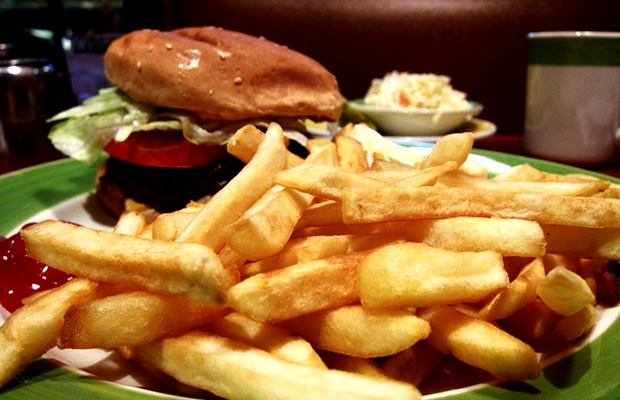Now there is solid evidence to explain why lack of sleep causes people to be drawn to unhealthy food, thus gaining more weight over time.
Researchers at St. Luke’s-Roosevelt Hospital Center in New York City found that reward centers in the brains of people who slept less than four hours a night were highly active after viewing images of unhealthy food. Conversely, the reward centers showed no reaction to unhealthy food when the participants had adequate amounts of sleep.
For the study, which was presented at Sleep 2012, the 26th annual meeting of the Associated Professional Sleep Societies (APSS), 25 men and women of normal weight had to sleep for either four hours or up to nine hours a night, for five nights. They then underwent brain scans while viewing photos of unhealthy and healthy food.
“The unhealthy food response was a neuronal pattern specific to restricted sleep,” said Marie-Pierre St-Onge, the lead researcher. “This may suggest greater propensity to succumb to unhealthy foods when one is sleep-restricted.”
The activated reward centers in the brain show that sleep-deprived people find unhealthy foods “highly salient and rewarding, which may lead to greater consumption of those foods,” St-Onge said. The results from this small study and another presented in March at an American Heart Association event provide evidence that lack of sleep leads to overeating and consumption of more fat—over time increasing one’s likelihood of becoming obese.
Having trouble sleeping? Consult our guide to five simple ways to get a better night’s sleep.



















